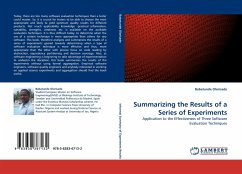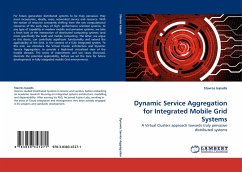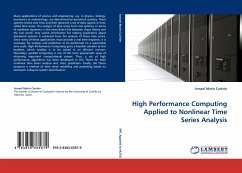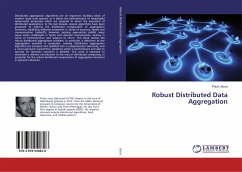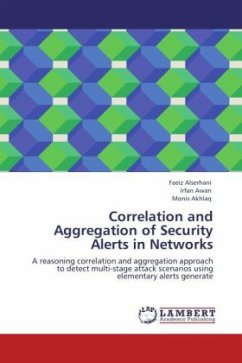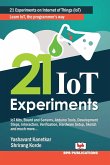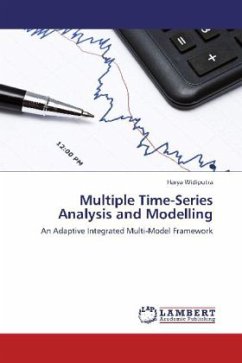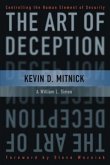Today, there are too many software evaluation techniques than a tester could master. So, it is crucial for testers to be able to choose the most appropriate and likely to yield optimum quality results for different products. Not much applicability knowledge -practical information, suitability, strengths, weakness etc. is available on the available evaluation techniques. It is thus difficult today, to determine when the use of a certain technique is more appropriate than others for any software. This book, therefore analyzes and summarizes the results of a series of experiments geared towards determining when a type of software evaluation technique is more effective and thus, more appropriate than the other with precise focus on code reading by abstraction, equivalence partitioning and decision coverage. Also, as software engineering is beginning to take advantage of experimentation to underpin the discipline, this book summarizes the results of the experiments without using formal aggregation. Empirical software engineers, software quality engineers and anybody interested in working on applied science experiments and aggregation should find the book useful.
Bitte wählen Sie Ihr Anliegen aus.
Rechnungen
Retourenschein anfordern
Bestellstatus
Storno

